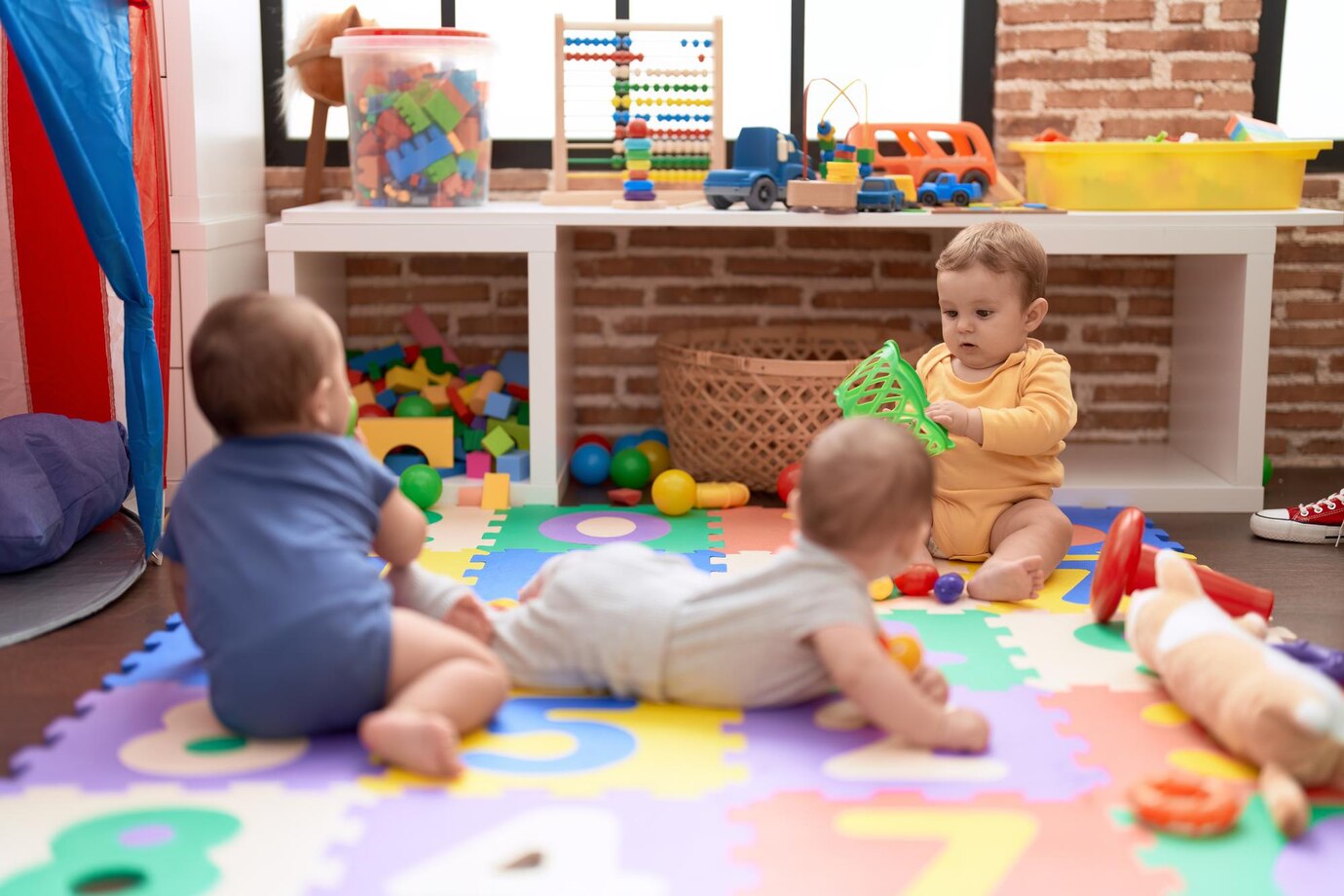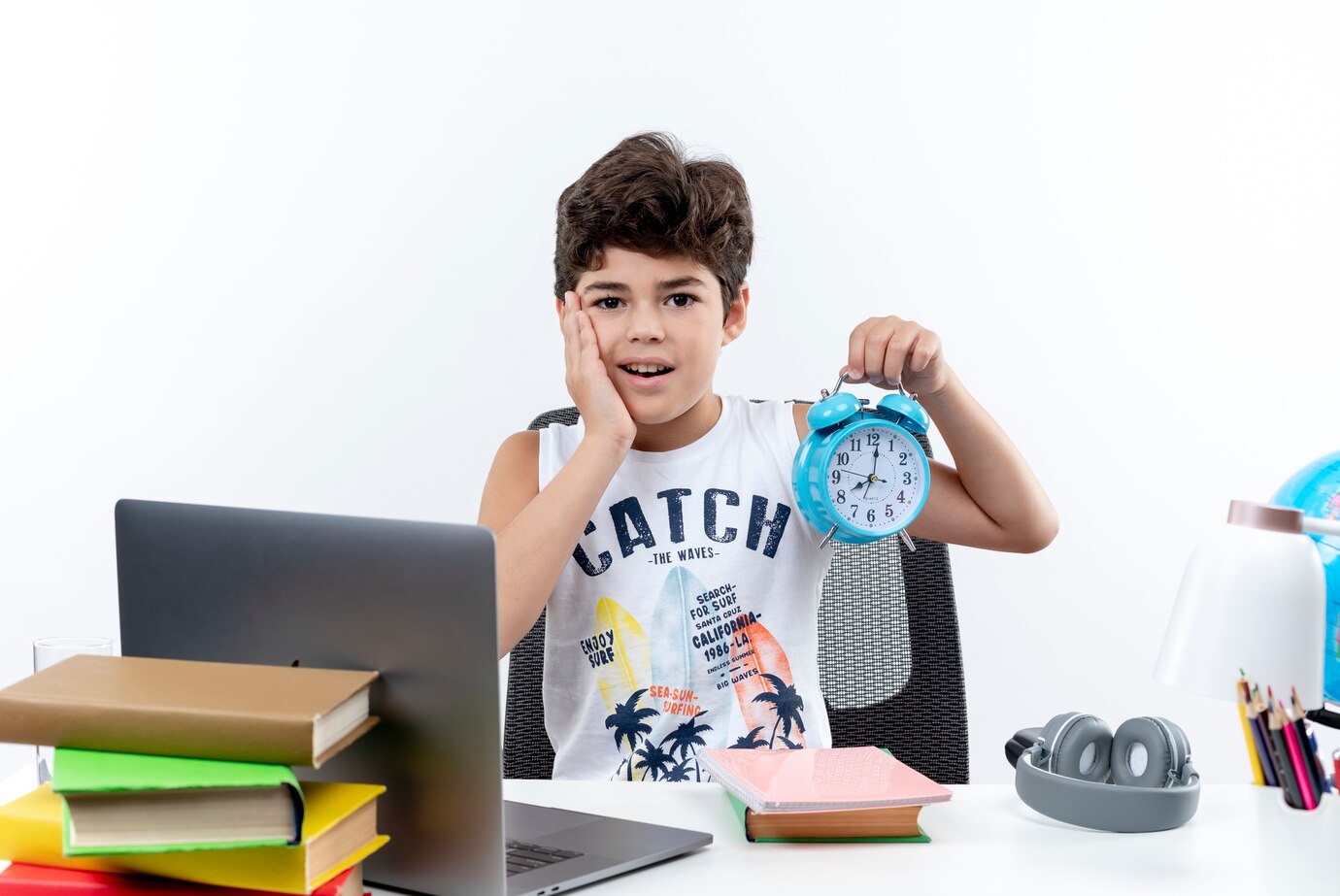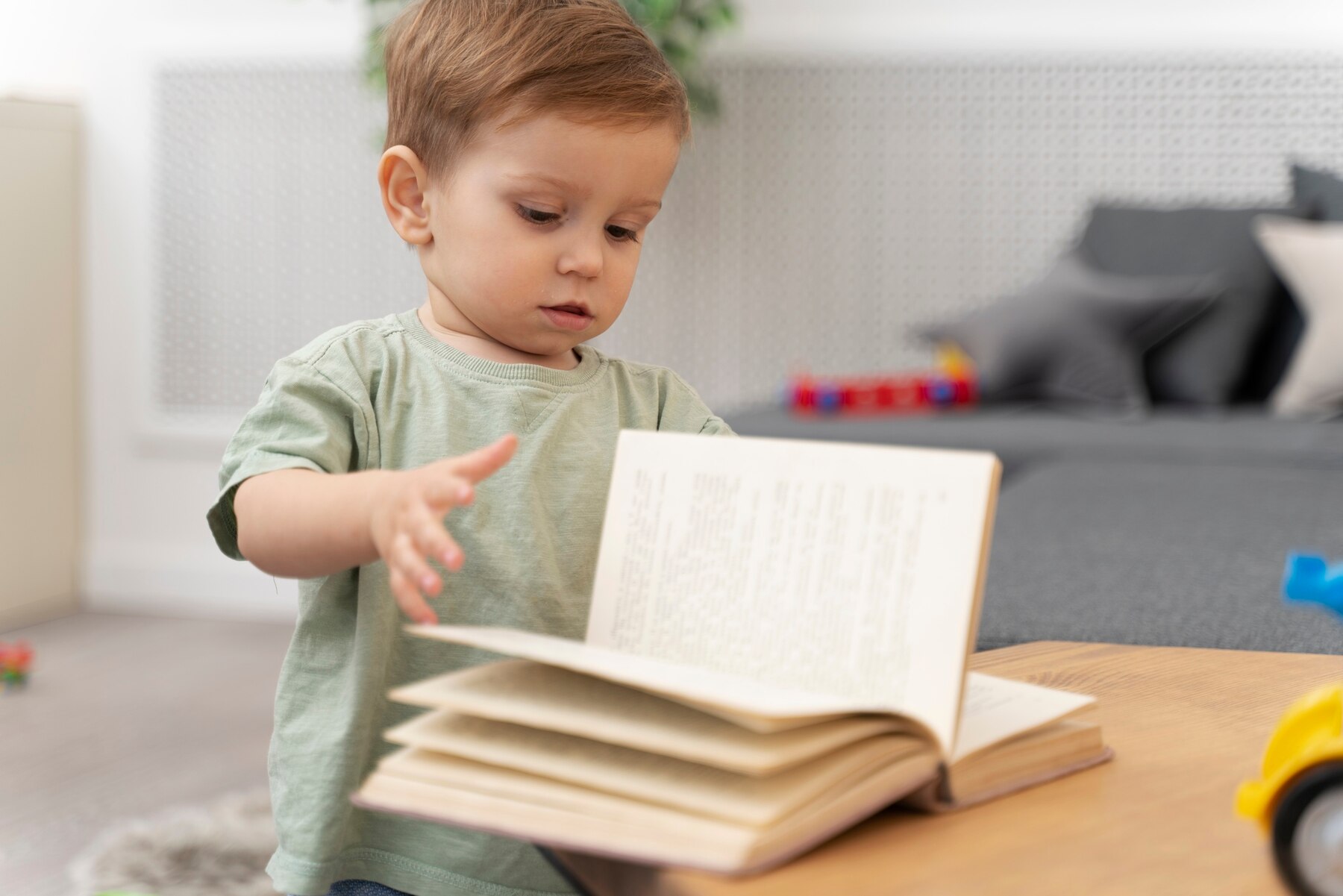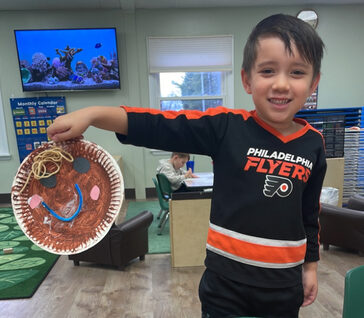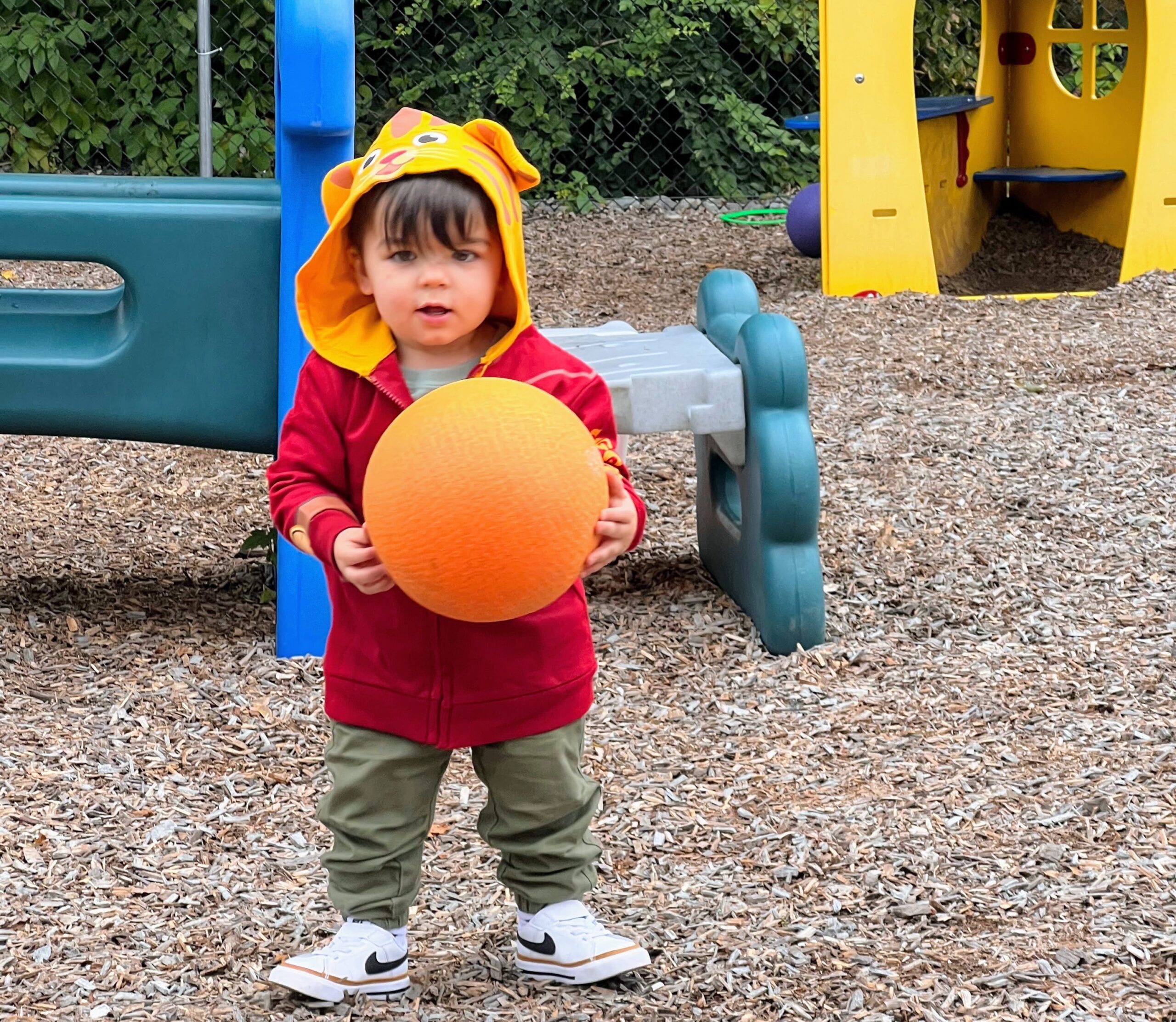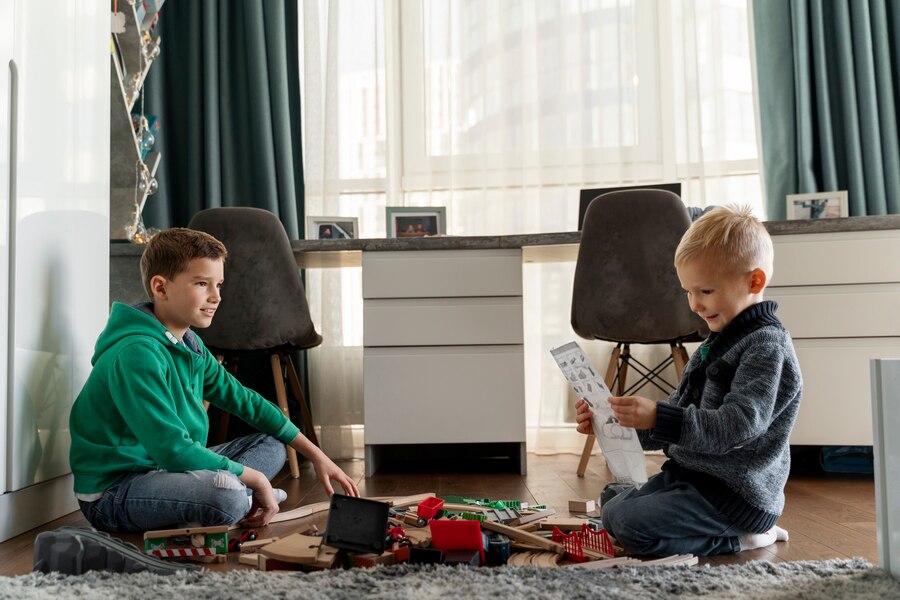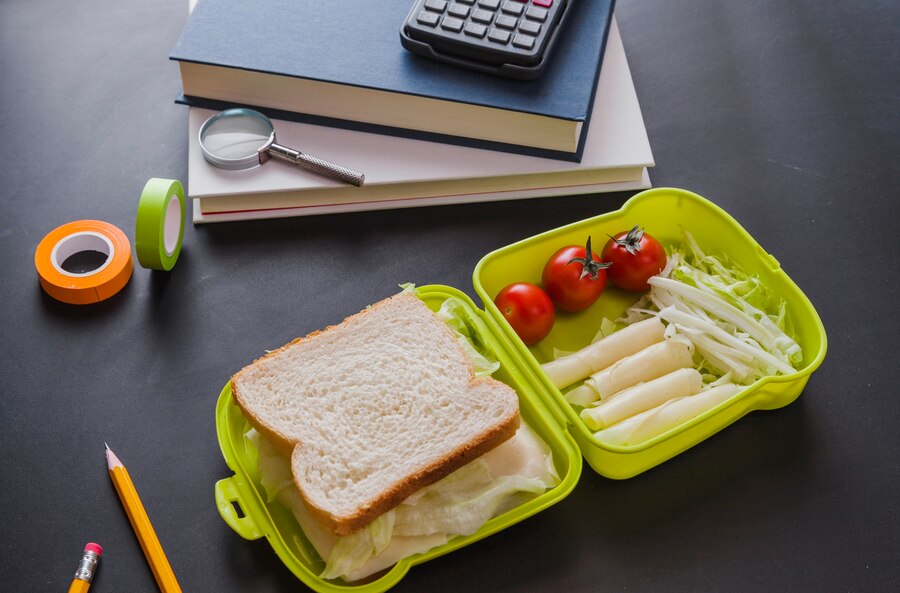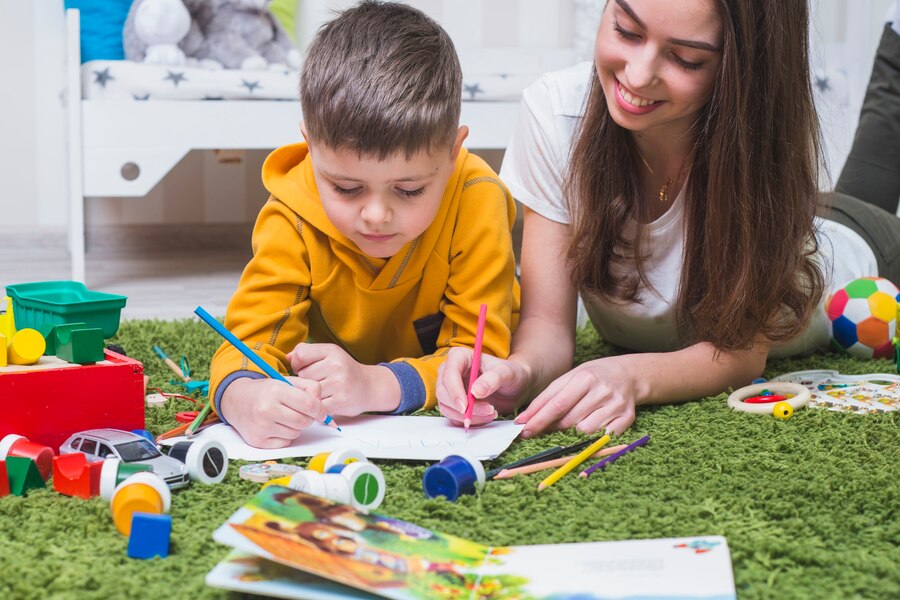The Science Behind Sleep and Early Development
During early childhood, a child’s brain is growing at an incredible rate. Naps give the brain a chance to process everything it has taken in—from letters and numbers to social interactions and sensory experiences.
Research shows that adequate sleep supports:
- Memory consolidation
- Emotional regulation
- Attention and focus
- Growth and immune function
In fact, children who nap regularly are often more alert, flexible, and ready to engage in meaningful learning.
How Love2Learn Supports Rest
At Love2Learn, nap time is built into our daily rhythm because we know how important it is for healthy development. We create a calm and cozy environment with soft music, dim lighting, and individual cots spaced safely apart. Children are given time to wind down with familiar routines like reading a book or cuddling a comfort item from home.
We don’t force children to sleep, but we do encourage quiet rest. This downtime allows overstimulated brains and bodies to recharge, even if sleep doesn’t happen. For many children, just having a consistent, restful environment helps reduce stress and support a more peaceful afternoon.
Tips for Supporting Naps at Home
Nap routines at school work best when they’re supported at home, especially for toddlers and preschoolers who need 10–13 hours of sleep in a 24-hour period. Here’s how you can help:
- Keep a consistent nap schedule on weekends.
- Create a wind-down routine with calming activities like books or gentle music.
- Avoid stimulating screen time right before nap or bedtime.
- Be patient—rest is a learned skill, just like reading or writing.
Rest Is Care
Nap time is more than just a daily pause—it’s an act of love and care. It tells children: Your well-being matters here. At Love2Learn, we protect this time because we know how critical it is to growing happy, healthy, and curious learners.
Schedule a Tour at Love2Learn
Want to see how our classroom routines support the whole child? Schedule a tour at Love2Learn Early Learning Center in Mechanicsburg, PA, today.
References
Hirshkowitz, M., Whiton, K., Albert, S. M., Alessi, C., Bruni, O., DonCarlos, L., … & Adams Hillard, P. J. (2015). National Sleep Foundation’s sleep time duration recommendations: Methodology and results summary. Sleep Health, 1(1), 40-43. https://doi.org/10.1016/j.sleh.2014.12.010
Mindell, J. A., Leichman, E. S., DuMond, C., & Sadeh, A. (2017). Sleep and social-emotional development in infants and toddlers. Journal of Clinical Child & Adolescent Psychology, 46(2), 236–246. https://doi.org/10.1080/15374416.2016.1188701
National Sleep Foundation. (n.d.). Sleep guidelines for children. Retrieved April 15, 2025, from https://www.sleepfoundation.org/children-and-sleep
Zero to Three. (n.d.). Healthy sleep habits: How many hours does your child need? Retrieved April 15, 2025, from https://www.zerotothree.org/resource/healthy-sleep-habits/


